Upcycling oceans of debris

“Where others see garbage, I see raw material,” says Javier Goyeneche, president of Ecoalf. The company’s goal is to create the first generation of recycled products with the same quality, design and technical properties as the best non-recycled products. Photo: Ecoalf.
Javier Goyeneche, president of Ecoalf Recycled Fabrics S.L., headquartered in Madrid, Spain, established his recycled clothing company in 2010. Ecoalf jackets and backpacks made from recycled wastes appear in upscale shops, such as Harrods in London and Bloomingdale’s in New York. Now Goyeneche and partners in both the fabric and fishing worlds have set out on “a global adventure” known as Upcycling the Oceans—a project to collect plastics, abandoned fishing nets and other wastes from the Mediterranean Sea and upcycle them into pellets, thread, fabric and products.
Through its Ecoalf Foundation, Ecoalf has recruited five Spanish partners that are leaders in their areas (waste managers, technology centers, recyclers and thread and fabric manufacturers) with which to share its experience recycling different types of debris. During the first two months of the project, crews of 200 fishing boats working the eastern region of Valencia collected two tons of plastic waste and two tons of other garbage. From the docks, wastes go to Pet Compania Para Su Reciclado S.A. in Chiva, Spain, for processing into tiny flakes. Anglès Textil S.A., part of the Antex Group, will transform the flakes into fibers, which will be used by Ecoalf to make clothing. The first clothing collection will be developed from plastic discarded on both land and sea, but Goyeneche’s end goal is to use fibers entirely made from recycled sea wastes.










